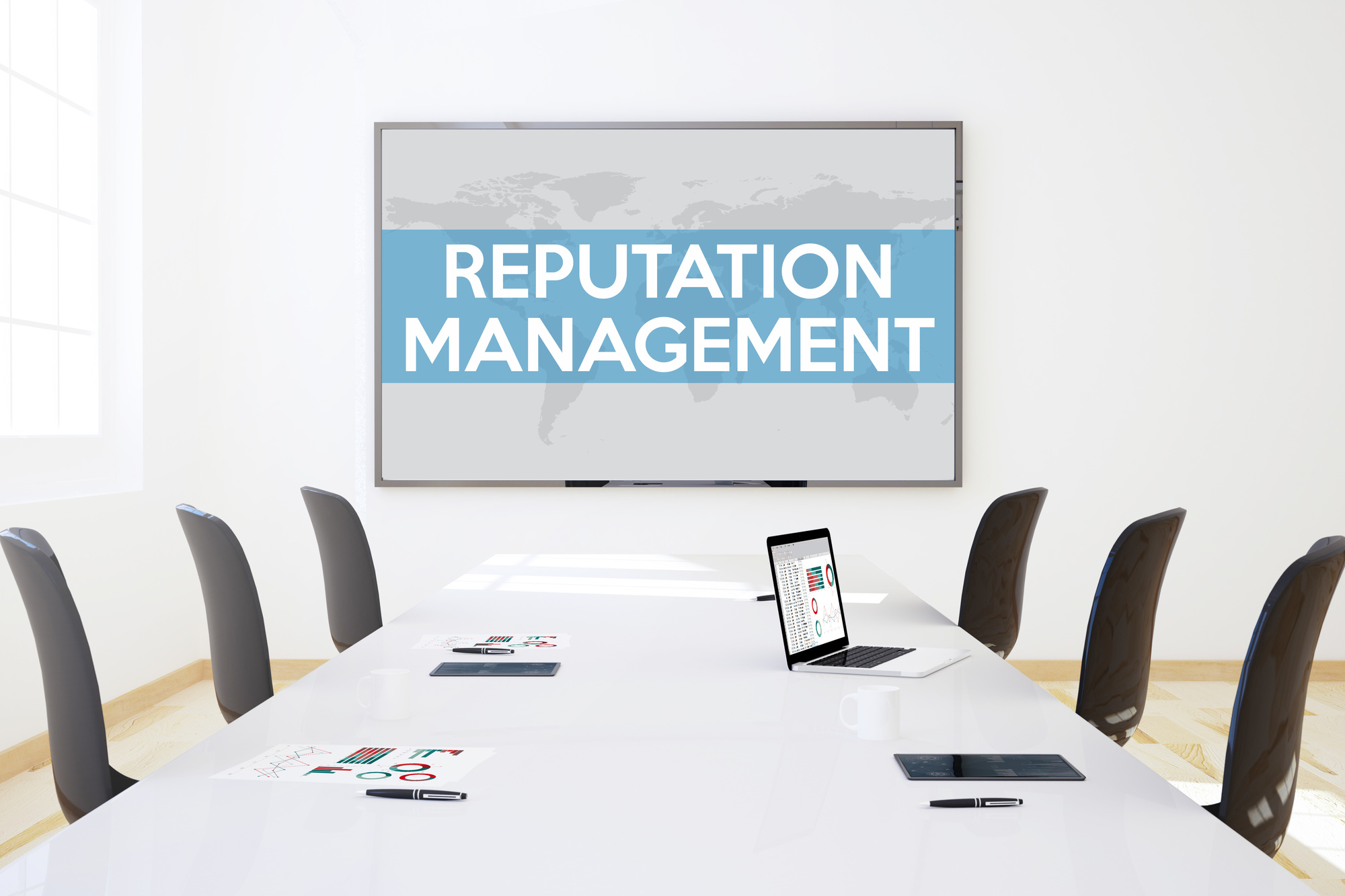The biggest obstacle facing businesses today is their social media reputation management. Everything is online, and nine times out of 10 a customer is going to look you up before deciding if they are going to use your business.
With everyone posting reviews and writing blogs, your online reputation will affect the number of people who frequent your establishment.
It’s not enough to just build your online presence. You also need a mixture of proactive and reactive reputation management strategies. Read on for a list of 9 tips that include both styles.
1. Boost Internal Communications
Good social media reputation management is directly correlated with how well your internal team communicates. It’s ideal to know who is going to deal with reviews and how they are going to notify any others that need to be qued into what is going on.
If you have one person managing your influencers, and someone else dealing with local SEO, odds are they will have to communicate with each other to keep your proactive campaigns moving in the right direction.
Same goes for reactive. If you have someone monitoring reviews, you want swift communication between them and the person who is doing the responding. People are talking in real time online, and you can’t let the conversations happen without being involved.
2. Figure out Your Influencers
An influencer is a person who has a lot of followers and influence in your market. You can use these people to drive conversations on social media.
They can post videos and blogs about your business. This will drive people to your social media and bring in new business.
You can find influencers in your nitch by mapping out your audience and figuring out who they are listening to and following.
3. Continuously Monitor and Respond Quickly
Timeliness matters when it comes to your social media reputation management, especially with 42 percent of people expecting you to reply within an hour.
If you don’t monitor your social media reputation on a daily basis, then you run the risk of being added to a directory that you don’t belong in or you didn’t authorize.
While it’s not normal for you to automatically added to a directory, it can happen. In the event that it does happen, there might be incorrect information posted, which can reflect negatively on your business. If you are monitoring this type of thing, you can correct it quickly.
You want to make sure to reply to people quickly as well. This is important whether the comment or review was positive or negative.
4. Understand Your Limits
There is a lot of back and forth in the industry regarding the topic of keeping social media reputation management in-house or going with a firm. The biggest thing is to know what your business is capable of doing.
If you can’t respond quickly and monitor your local SEO, then it might be best for you to hire someone else to take care of that. Most businesses live and die on the internet, and you want to make sure you are the former.
5. Understand and Engage
Actually read and listen to what your customers are saying, and respond to them. Remember that activity on your social media brings in more people.
If you can respond to a question and keep people interested in your conversation, then do it. Get a conversation going, as it makes your customers feel special. Plus, it may pop up on their friend’s timelines, which draws in more people.
6. Keep Responses Positive and Real
Not everyone is going to love your business. However, you have to love them equally.
You want to make sure to keep your responses positive. Even if someone doesn’t have nice things to say, you want to always thank them for choosing you and then address the comment.
7. Move Forward
It’s important to apologize for anything wrong your business did. But what’s more important than that is to figure out why it went wrong.
You need to identify and fix the chinks in your company’s armor. Reach out to the person and try to rectify the situation.
8. Have a Person Dedicated to Social Media Reputation Management
If you choose to keep social media reputation management in-house, then you need a point person whose job is to stay on top of your social reputation.
They need to monitor and engage with your customers. They also need to make sure that all of the information online is accurate.
It’s beneficial to have a point person because, as stated before, timeliness is important when it comes to social media reputation management.
9. Don’t Delete Negative Comments
Yes, negative online reviews aren’t good, but deleting them looks worse. Transparency will make your customers trust you.
On top of that, you can turn a negative into a positive. Let the person know you heard them and you understand their frustration and ask them to contact you offline.
This shows your customers that if they are upset about their service, you’re willing to make it better in a reasonable time frame.
Don’t Let It Scare You
You won’t be able to make everyone happy. You can’t live in fear of what is going to show up online.
Make an effort to have ethical business practices and keep your staff trained. Good training and following our tips can help you stay on top of your social media reputation management.
If you need more help, contact us. We would love to help you.





